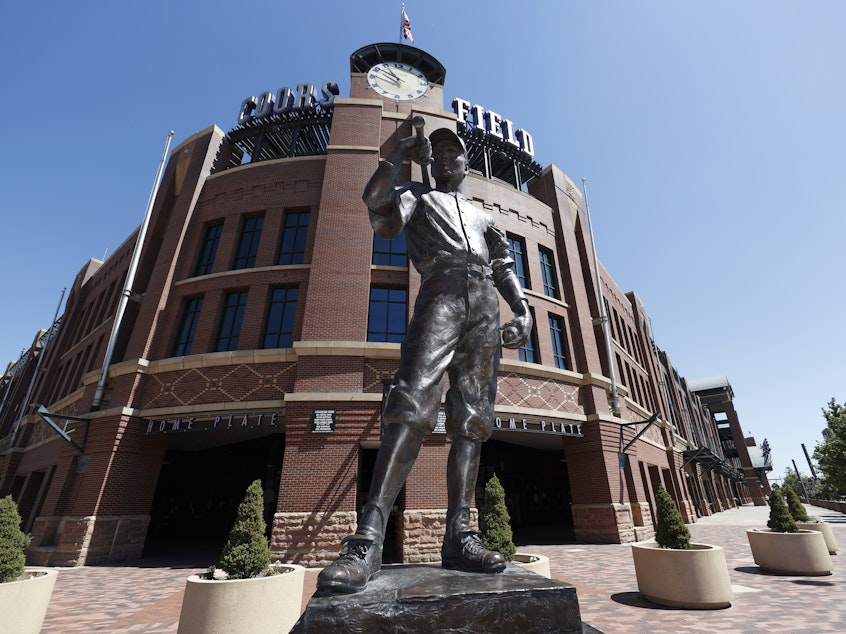Baseball Is Coming Back For A Pandemic-Shortened 2020 Season

Major League Baseball and its Players Association have reached an agreement to play a shortened season this year. The MLB Players Association made the announcement first via tweet.
In a subsequent news release, MLB Commissioner Rob Manfred said players will report to spring training on July 1 and the regular season is to begin either on July 23 or 24. Instead of the typical 162-game regular season, teams will play just 60 games.
Major League Baseball halted spring training on March 12 because of the coronavirus – just two weeks before what was to have been opening day. MLB wants a shorter season because executives fear what would happen if coronavirus cases resurged in the fall and how that might affect the season and playoffs.
The decision to resume playing comes a day after the league's owners voted to begin a shortened season next month. Owners, players and MLB officials have been offering proposals and counter-proposals for three months to try to reach an agreement on playing in 2020. The biggest sticking points have been money and the health and safety of players and team officials.
Some of the details still haven't been worked out.
Sponsored
"MLB has submitted a 60-game regular season schedule for review by the Players Association," according to a league statement. "The proposed schedule will largely feature divisional play, with the remaining portion of each Club's games against their opposite league's corresponding geographical division (i.e., East vs. East, Central vs. Central and West vs. West) , in order to mitigate travel. The vast majority of Major League Clubs are expected to conduct training at the ballparks in their primary home cities." [Copyright 2020 NPR]



